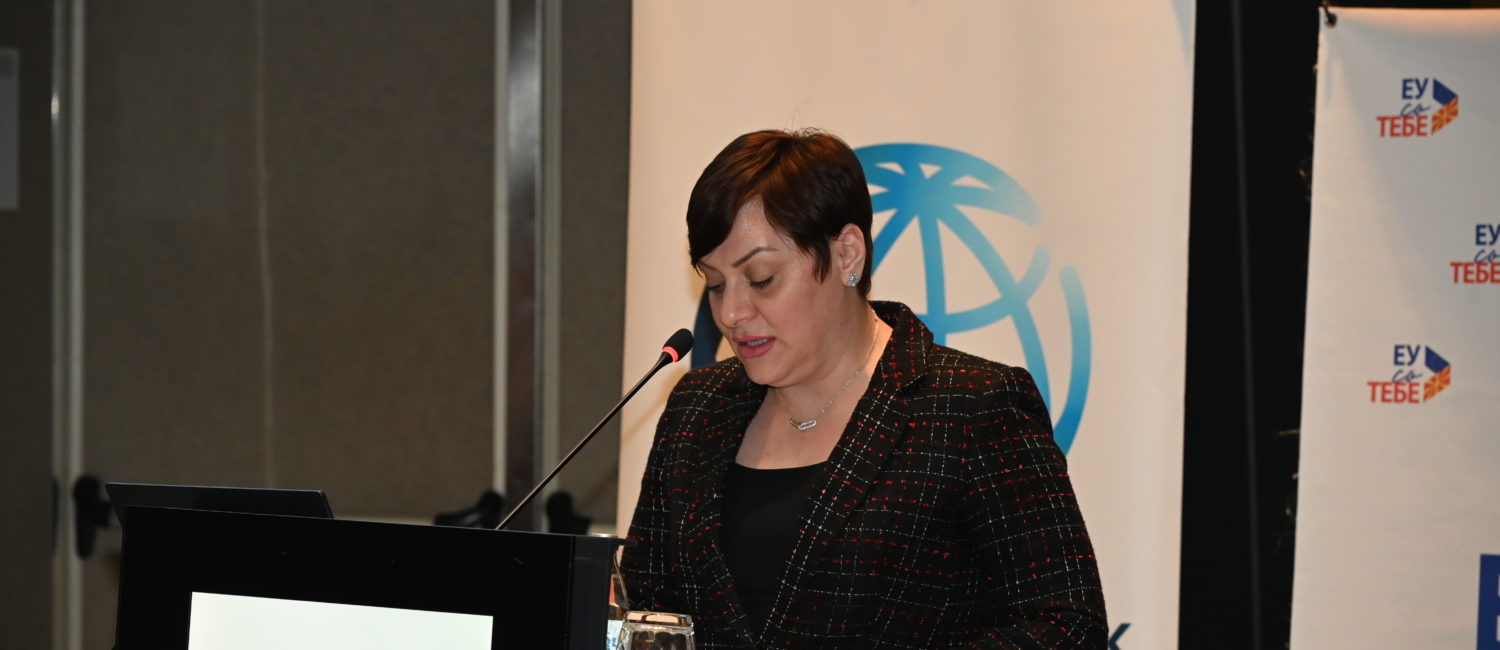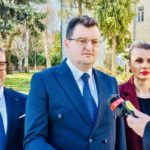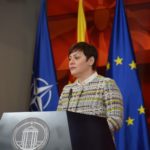11th March 2025, Skopje – Ministry of Finance is firmly committed to fiscal consolidation-related efforts, as outlined in the 2025-2029 Fiscal Strategy. In 2024, the realized budget deficit was lower by Denar 2.5 billion than the projected one, accounting for 4.4% of GDP instead of the forecasted 4.9%. At the end of 2024, the public debt was lower than projected. Thus, the year was closed with a public debt, which accounted for 61.9% of GDP, dropping below 60% of GDP as of January 2025 already, i.e. reaching 58.4% of GDP following the successful repayment of the Eurobond issued in 2018.
This was highlighted by Minister of Finance, Gordana Dimitrieska-Kochoska, during her opening remarks at the Conference on Fiscal Governance in the European Union and the Role of the Fiscal Council, organized by the Fiscal Council.
She went on that the 2025 Budget upholds the fiscal consolidation trends and that the Organic Budget Law, incorporating the set fiscal rules, serves as the roadmap for attaining fiscal consolidation.
Minister reiterated that the deviation from fiscal rules in 2024 was due to insufficient funds needed for repayment of the arrears, incurred by the previous Government, which were settled through the Supplementary Budget.
“In 2025, the deviation from this rule is aimed at boosting and implementing investments, such as Corridors 8 and 10 (0.8% of GDP), local infrastructure projects (0.6% of GDP), and investments in the field of defense (0.5% of GDP),” Minister stressed.
She also underlined the ongoing actions related to the public finance reforms, to which end, several by-laws, in addition to the Organic Budget Law, were adopted. She also highlighted the crucial role the Fiscal Council plays as regards these reforms, noting the establishment of sustained cooperation therewith. Fiscal Council, as an autonomous institution, provides for independent and professional analyses and views on the macroeconomic and fiscal assumptions, the Fiscal Strategy, the Budget, the budget execution reports, the fiscal risks, and similar, all of which play part in the policy making process.
















